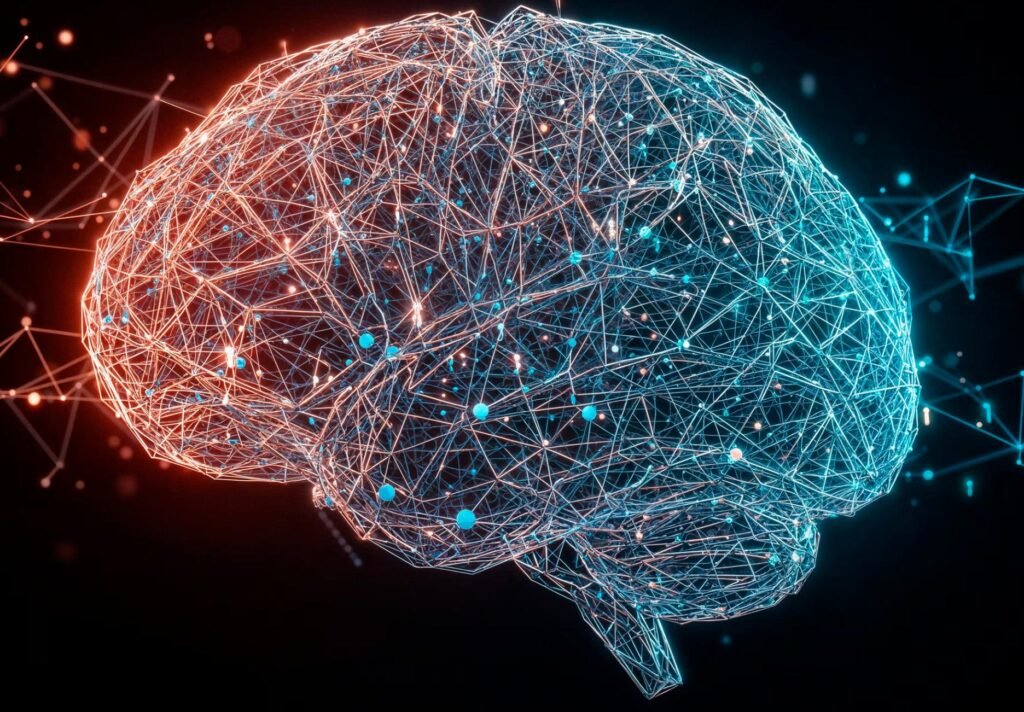Researchers at Harvard Medical School have uncovered a potential breakthrough in fighting Alzheimer’s disease by showing that lithium, a simple metal long used for mood disorders, plays a key role in brain health. This 2025 study, published in Nature, reveals how low lithium levels speed up brain aging and memory loss in mice, while restoring them reverses damage, offering hope for millions facing cognitive decline.
A Decade Long Quest for Answers
Scientists spent nearly ten years piecing together this puzzle. They found that lithium naturally exists in tiny amounts in the body, much like essential nutrients such as iron or vitamin C.
Their work started with examining brain tissues from people with and without Alzheimer’s. Results showed lower lithium levels in those with memory issues. This sparked experiments in mice to test if lithium depletion causes brain changes.
Experts say this could explain why some regions with lithium rich water report fewer dementia cases. For instance, a 2017 Danish study linked higher natural lithium in drinking water to lower dementia rates. Now, in 2025, with Alzheimer’s affecting over 7 million Americans according to the CDC, this research feels urgent.
It ties into broader trends. Recent advances in brain imaging and genetics have highlighted metals role in aging. This study builds on that by focusing on lithium as a protector.
How Lithium Battles Brain Decay
Lithium helps brain cells function normally. The study shows it supports microglia, the brains cleanup crew, which remove harmful plaques.
When plaques from Alzheimer’s bind lithium, they trap it. This creates a vicious cycle where less lithium means poorer cleanup, leading to more buildup.
Researchers tested different lithium forms. Lithium orotate stood out because it avoids getting stuck in plaques. In mice, it cleared tangles and improved memory.
This mechanism offers a unifying theory for Alzheimer’s. It connects plaques, inflammation, and gene changes seen in patients.
Balance comes from experts like those at the University of Melbourne. They praise the findings but note more human data is needed. Not all metals affect the brain this way, as zinc and copper levels also shift in Alzheimer’s, but lithiums role seems unique.

Striking Results from Animal Tests
In the experiments, normal mice on a low lithium diet showed quick brain inflammation and aging signs. Their neurons degenerated, and immune responses spiked.
For mice bred to mimic human Alzheimer’s, low lithium worsened plaques and tau tangles. Memory tasks, like maze navigation, became harder for them.
Restoring lithium reversed these effects. Treated mice regained skills in learning new objects and paths.
Key findings include:
- Lithium depletion cut brain cleanup by 50 percent in some cases.
- Normal levels protected against synapse loss.
- Gene profiles in low lithium mice matched human Alzheimer’s patterns.
These results held across multiple brain banks, adding reliability. Yankner, the lead researcher, stressed that while promising, mouse studies do not directly apply to people.
A table of lithium effects in mice:
| Condition | Lithium Level | Brain Changes | Memory Outcome |
|---|---|---|---|
| Normal Diet | Standard | Minimal plaques | Strong performance |
| Low Lithium | Reduced 50% | Increased inflammation | Rapid decline |
| Supplemented | Restored | Reduced tangles | Recovery in tasks |
This data underscores lithiums potential, but experts warn against self dosing.
Clues from Human Studies and History
Past research supports these ideas. A 2022 UK study found people on lithium for bipolar disorder had half the Alzheimer’s risk compared to others.
In 2025, with rising dementia cases linked to longer lifespans, this matters. The World Health Organization estimates 152 million global cases by 2050, up from 55 million now.
Human brain samples in the study confirmed lower lithium in those with mild cognitive impairment. This matches environmental patterns, like lower dementia in areas with lithium in water.
History adds color. Lithium was in old sodas like 7Up for mood boosts. Some hot springs, rich in it, drew people seeking health benefits.
Yet perspectives vary. Some doctors worry about toxicity from high doses, seen in psychiatric use. The studys low doses showed no harm in mice, but human trials are next.
Think of families affected. One woman shared how her fathers early Alzheimer’s robbed shared memories. If lithium tests work, it could preserve those bonds.
Safety First and What Comes Next
Do not try lithium supplements without guidance. The doses in the study were tiny, about 1,000 times lower than psychiatric ones.
Researchers plan human toxicity trials soon. Funding from the National Institutes of Health backed this work, showing public investment in brain health.
Experts recommend consulting doctors for any brain concerns. Early detection tools, like new blood tests approved in 2025, could pair with lithium research.
Boost Your Brain Health Today
Foods rich in lithium include leafy greens, nuts, and legumes. A balanced diet might naturally support levels.
Practical tips:
- Eat spinach or kale daily for trace lithium.
- Add nuts to snacks for brain boosting minerals.
- Stay hydrated with mineral water if it fits your area.
Recent events, like the 2025 FDA approval of new Alzheimer’s drugs, highlight progress. Combining lifestyle with science offers hope.
This discovery touches us all as we age. Share your thoughts in the comments below. Have you noticed brain health changes in loved ones? Spread this article to spark conversations and support ongoing research.